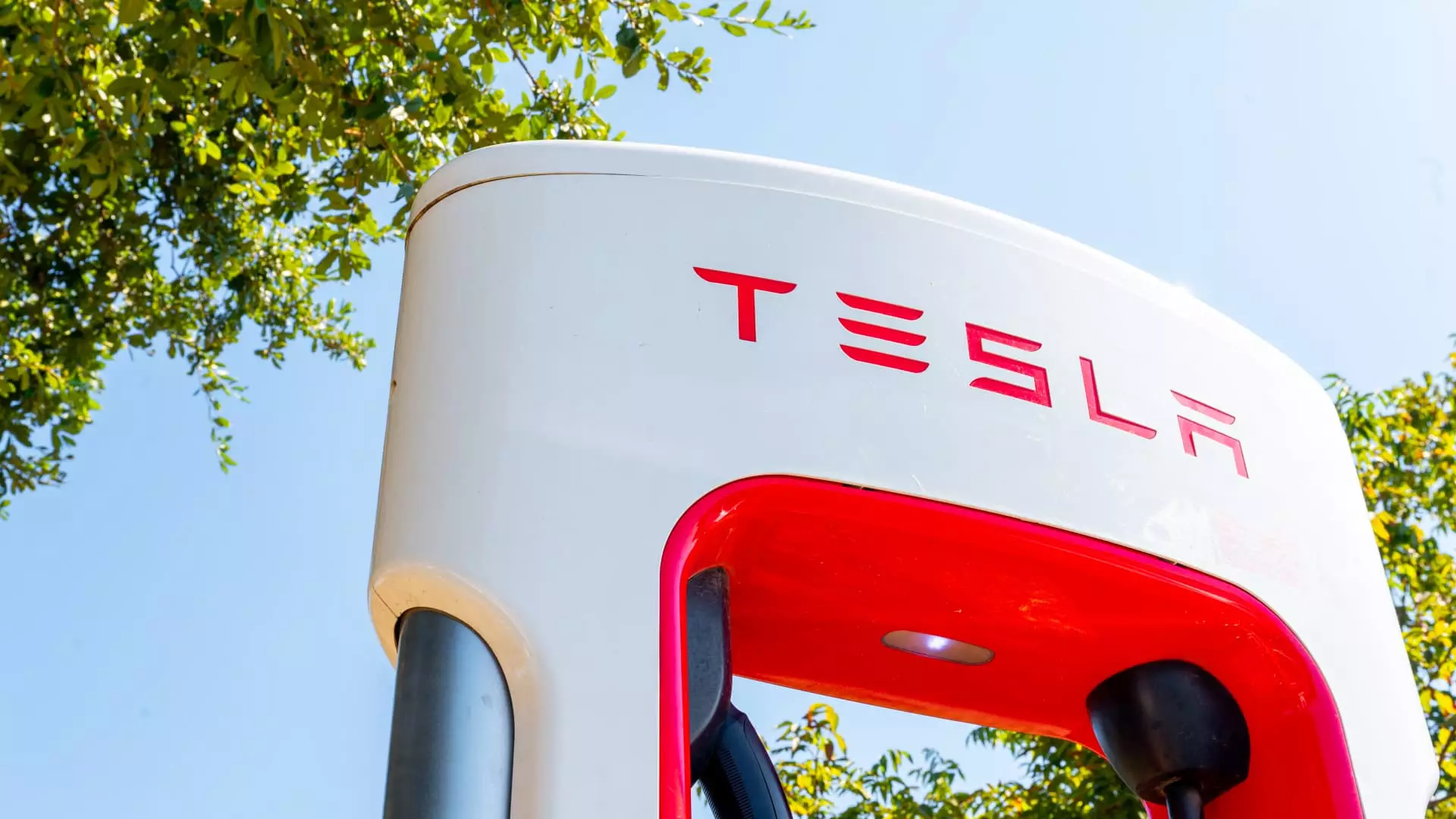In October 2023, the family of Genesis Giovanni Mendoza-Martinez initiated a lawsuit against Tesla following a tragic incident in Walnut Creek, California, where the driver lost his life while using the company’s Autopilot feature. The case has sparked significant discussions regarding the legal and ethical implications of claims made by Tesla about its semi-autonomous driving technology. The lawsuit alleges “fraudulent misrepresentation” based on claims that Tesla executives, including CEO Elon Musk, have exaggerated the capabilities of the Autopilot system to enhance the company’s reputation and market value.
The incident occurred when a Tesla Model S, operating on its Autopilot feature, crashed into a parked fire truck, leading to Mendoza-Martinez’s death and serious injuries to his brother, Caleb, who was a passenger. Following the tragic event, the Mendoza family sought legal recourse in Contra Costa County. However, Tesla successfully moved the case to federal court in California’s Northern District, where the legal standards can be more challenging for plaintiffs. In federal court, proving fraud claims requires a more rigorous evidential basis, potentially complicating the family’s pursuit of justice.
The allegations put forth by the Mendoza family focus heavily on accusing Tesla and Musk of grossly overstating the capabilities of the Autopilot system. They contend that these claims have fostered a dangerous level of consumer reliance, encouraging drivers to overestimate the safety and functionality of their vehicles while utilizing this technology. The family’s attorneys cited various forms of public communication from Tesla, including social media posts, corporate blogs, and statements made during financial disclosures and interviews, as instances of misleading assertions about Autopilot’s true capabilities.
While the family seeks accountability, Tesla’s legal representatives argued that personal negligence on the part of Mendoza-Martinez was a significant contributing factor to the collision. They maintained that the reliance on Tesla’s claims was not a central issue affecting the outcomes of the crash itself, framing their vehicles as adhering to safety standards established by regulatory authorities.
The Mendoza-Martinez case is not an isolated incident; it is one of at least 15 ongoing lawsuits involving the Autopilot feature, with claims ranging from negligence to misrepresentation. Notably, three of these lawsuits have also been transitioned to federal courts, reflecting a more widespread scrutiny of Tesla’s practices and the efficacy of its technology. Additionally, the U.S. National Highway Traffic Safety Administration (NHTSA) has been conducting ongoing investigations into the safety of Tesla’s Autopilot system, spurred by various incidents, including the one involving Mendoza-Martinez.
The NHTSA’s inquiries are noteworthy as they intersect with the legal challenges the company faces, examining whether Tesla’s adjustments to its Autopilot system—through software updates—have sufficiently addressed safety concerns, particularly regarding stationary emergency vehicles. Furthermore, they have alerted Tesla about potential consumer confusion stemming from its marketing, which may mislead users about the capabilities of being fully autonomous. In parallel, the California Department of Motor Vehicles has also taken legal steps against Tesla for alleged false advertising related to its Autopilot and Full Self-Driving features.
Amid these controversies, Tesla is continuing to push forward with developments to its Full Self-Driving (FSD) software, despite ongoing scrutiny from regulators and the public. Elon Musk, ever the optimistic spokesperson for the company, continues to market Tesla’s self-driving capabilities passionately. Recently, he encouraged his extensive follower base on social media to experience the FSD technology, framing it as miraculous.
Interestingly, while Tesla makes aggressive claims about the potential for its vehicles to operate autonomously, competition in the autonomous vehicle sector continues to escalate. Companies like Waymo, WeRide, and Pony.ai are advancing their own technologies and successfully operating commercial robotaxi services, raising questions about Tesla’s timeline for delivering such capabilities to the market. Despite significant investments in research and development, Tesla faces criticism for falling behind its competitors in the race for fully autonomous vehicles.
The ongoing lawsuit against Tesla is emblematic of the larger controversy surrounding the safety and marketing of semi-autonomous vehicles in a rapidly evolving technological landscape. As the Mendoza family seeks justice and accountability, the outcome of this case could have profound implications not just for Tesla, but also for the automotive industry at large. It highlights the pressing need for clear communication, regulatory oversight, and ethical marketing practices concerning emerging automotive technologies. As this story unfolds, all eyes will be on how Tesla responds to these legal challenges and whether it can maintain public trust in the face of rising concerns.

